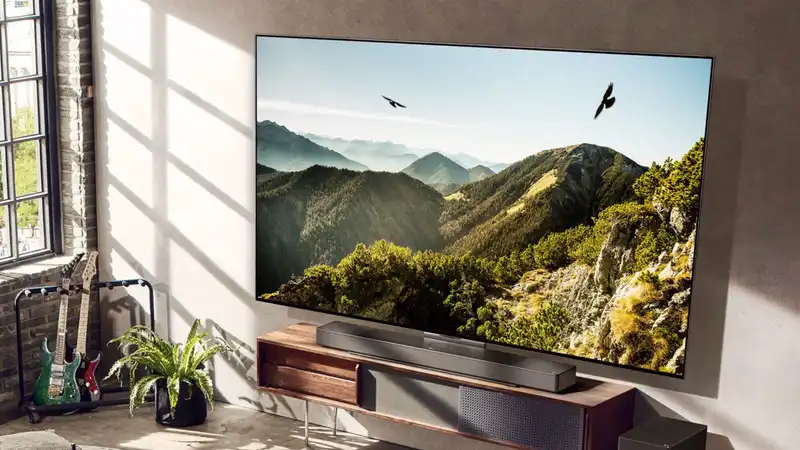We love OLED TVs for their superior blacks and HDR compatibility, but there may be other benefits as well
A new clinical study conducted by Kookmin University in Seoul in collaboration with LG Display shows that LG's WOLED TVs increase melatonin secretion and promote healthier sleep The study compared OLED TVs to LCDs by having 40 adults watch the same content on two different panels
Even the best OLED TVs have problems, with low brightness output and narrow audio range However, with improved sleep, OLED TVs may have an edge in the marketplace if the research proves to be adequate
In addition to general sleep improvements, the Kookmin University research team also found that OLED TVs have a greater impact on the parasympathetic nervous system This means that in addition to being the best gaming TVs, OLED TVs may make you feel better or slightly more comfortable in certain situations
Researchers at Kookmin University in Seoul found that viewing content on OLEDs resulted in much better sleep patterns In the study, a total of 40 men and women were divided into separate groups and allowed to watch content on either LG WOLED displays, such as the LG G4 OLED TV, or LCD screens, and the results were surprising
The team found that the level of melatonin secretion, which correlates with the secretion of the brain hormone that responds to darkness, increased by 81% in the group watching on the OLED TV In contrast, the group of LCD TVs showed a 27% decrease in melatonin secretion over a two-hour period, highlighting the harmful effects of blue light
Blue light is understandably highly problematic in technology because of its many negative health effects, including insomnia, heart disease, and cancer Many people are looking for ways to understand not only how blue light affects the body, but also how OLED TVs can be good for our health
And if increasing melatonin secretion is not enough, Professor Chang-Wook Kim, head of research at Kookmin University, stressed that OLED TVs also improve viewers' parasympathetic activation The parasympathetic nervous system is essentially the nerve that controls a person's comfort and ease, proving that OLED TVs have the potential to improve mood
Despite their surprisingly high premium, OLED TVs often boast the highest picture quality However, Mini-LED TVs with LCD panels are proving to be just as good, if not somewhat superior, to the competition; it will be interesting to see if OLED TV manufacturers start touting this research in their marketing










Comments